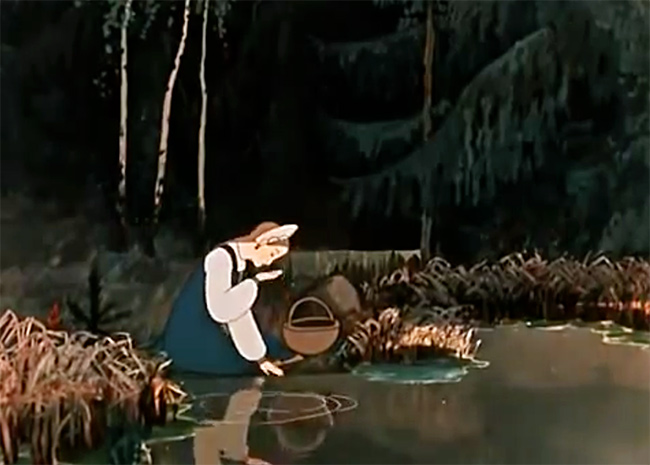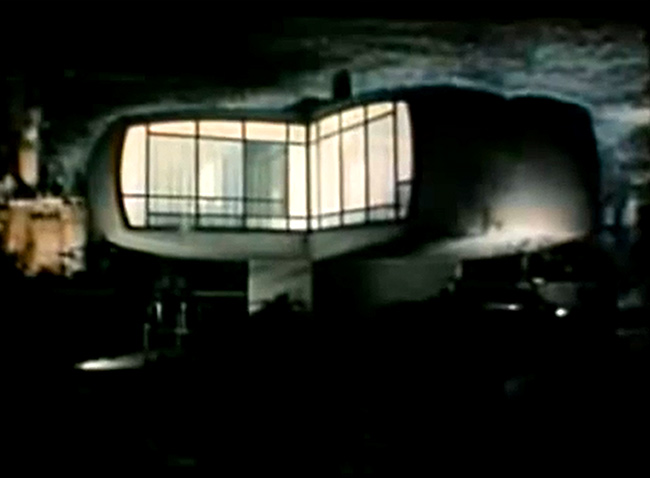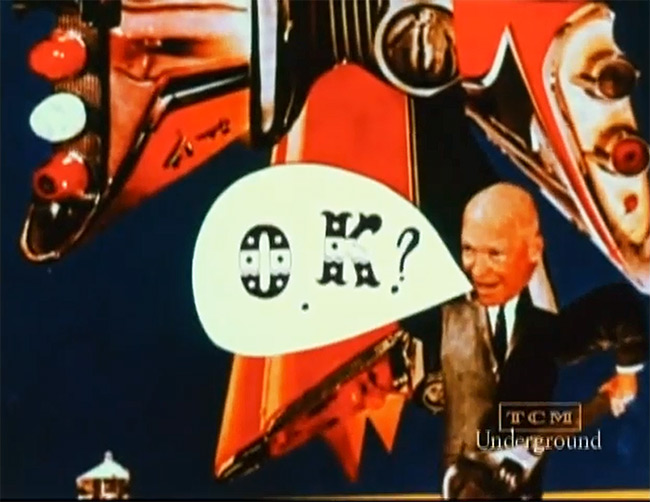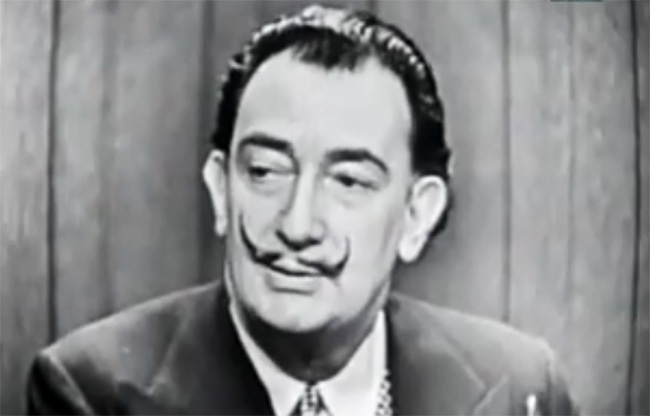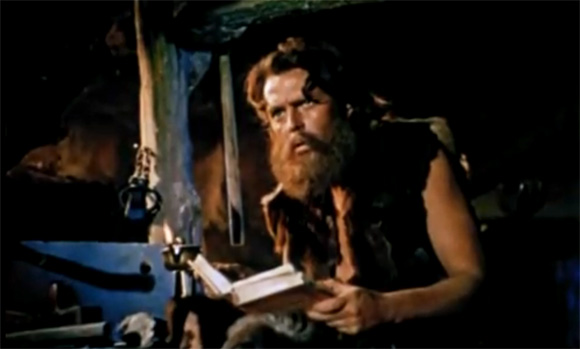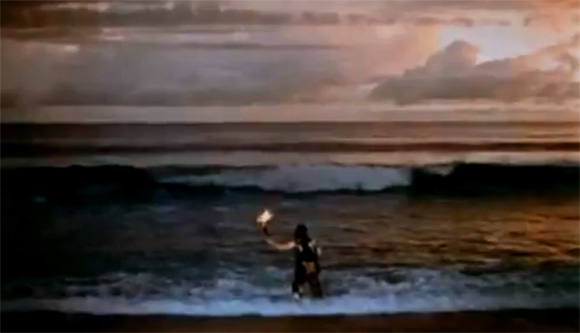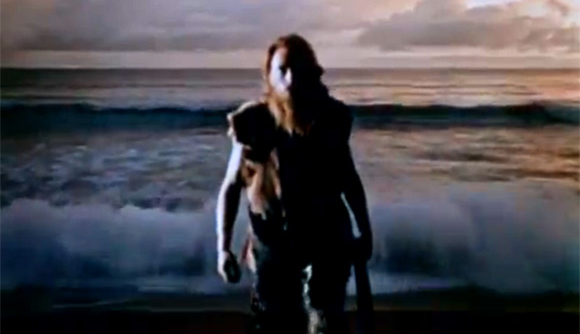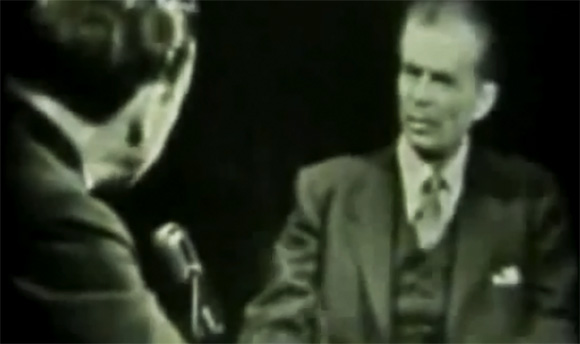
Mike Wallace talks to ‘
Brave New World‘ author Aldous Huxley, focusing on the danger of slipping into totalitarian government as a result of overpopulation, increasing hierarchical organization of people in corporate structures, and improper use of television and subliminal advertising. He continually refers to the similarity between the methods of advertising agencies and those of political dictators.
Wallace: …and we’ll be persuaded to vote for someone that we do not know we are being persuaded to vote for?
Huxley: Exactly, I mean this is the rather alarming feature… that you are being persuaded below the level of choice and reason.
Perhaps that explains the election of George W. Bush, a raging drunk without the slightest education – a psychopathic false cowboy with delusions of a holy mission to invade the Middle East. It was national suicide. The election of Bush was the worst thing to happen to the United States since the Civil War and it cannot be explained by logic. The world is only at the beginning of decades spent recovering from the criminality and death unleashed by Bush. I think Huxley might have said that Bush was the easily predictable outcome of uncontrolled corporatization. Every corporation likes to push dull-witted and unimportant people into middle management positions where they can function as the tiered facade standing between the board members and the Chinese slave camps.
.
